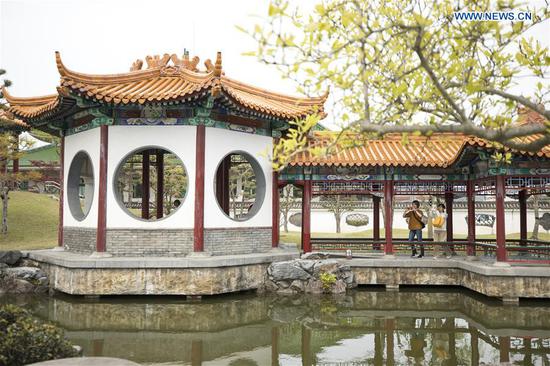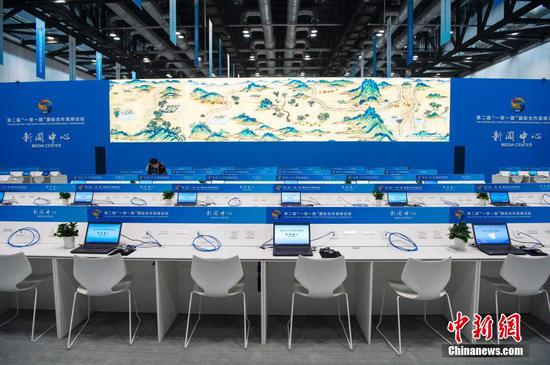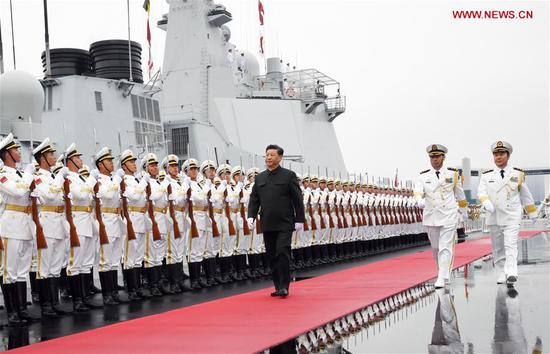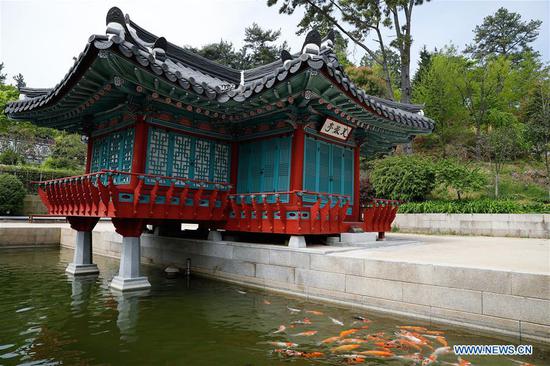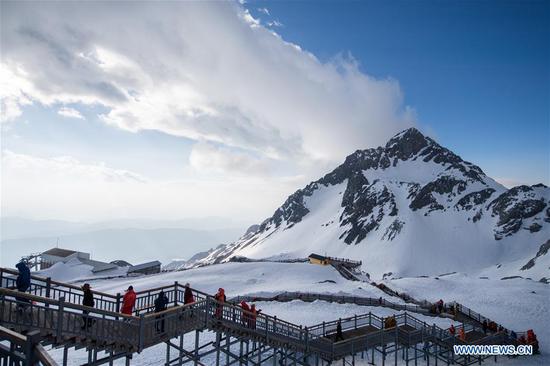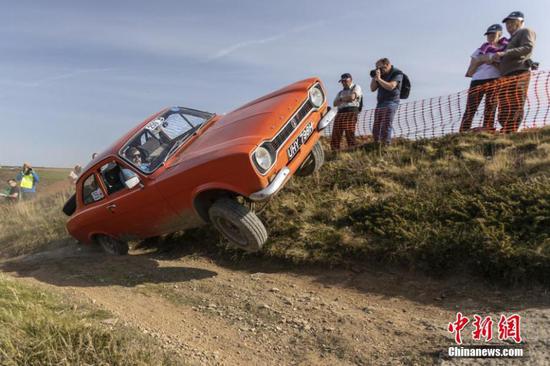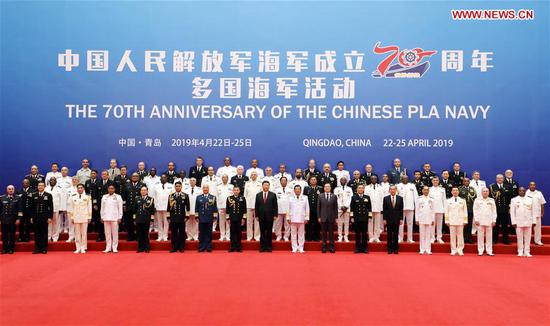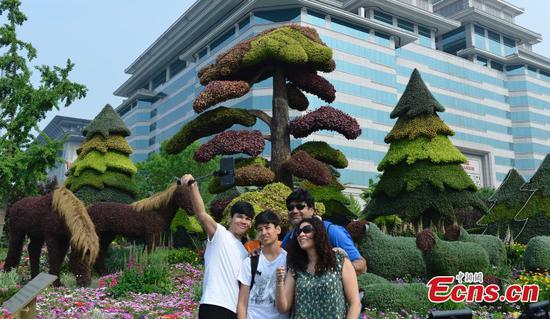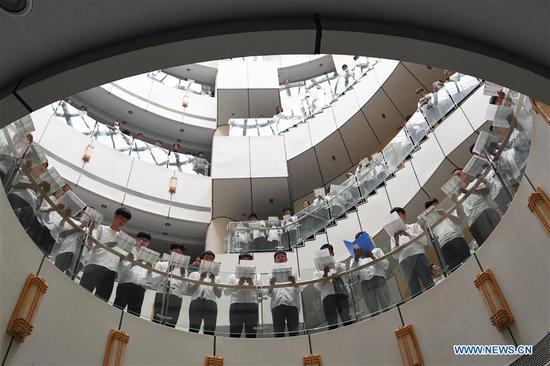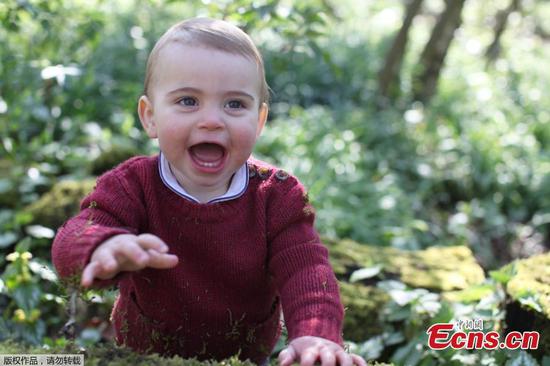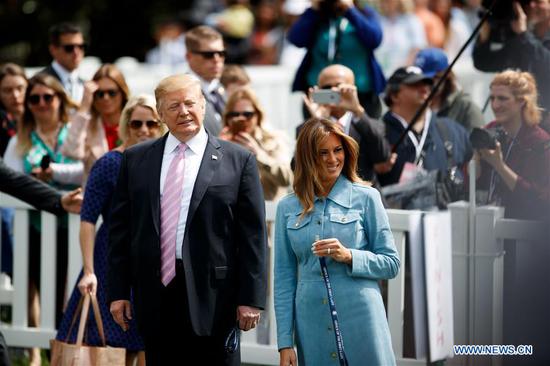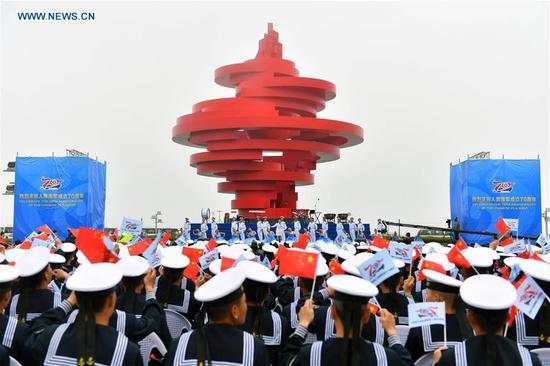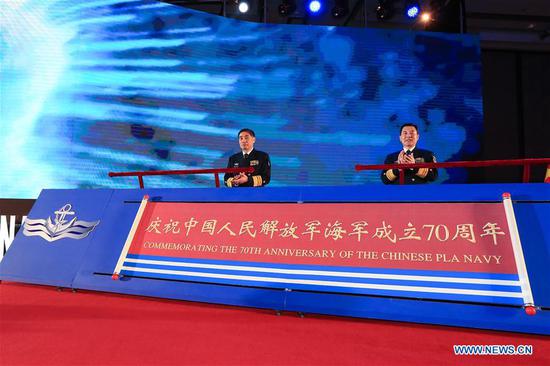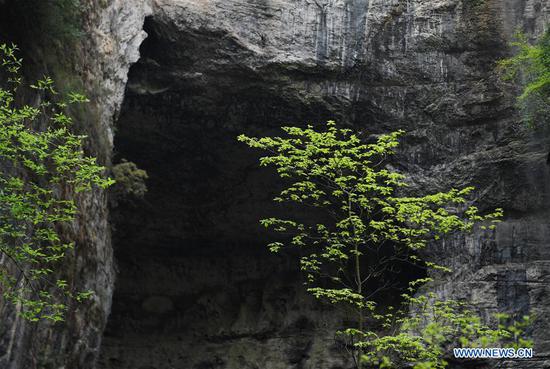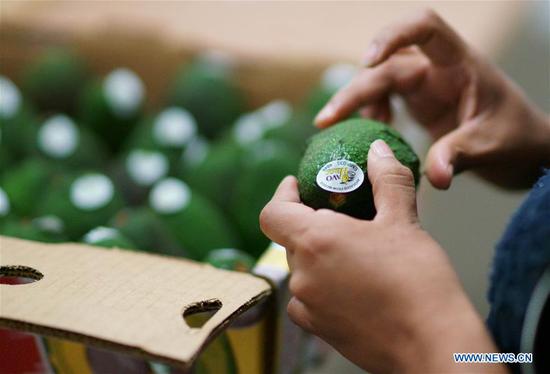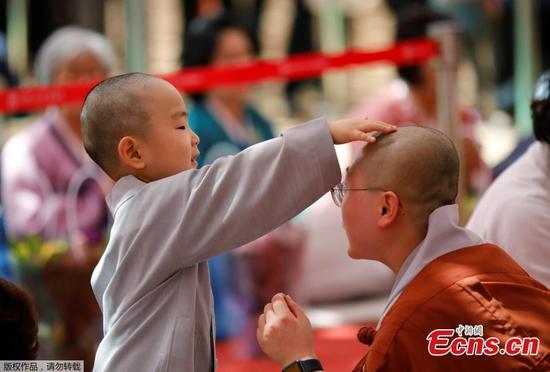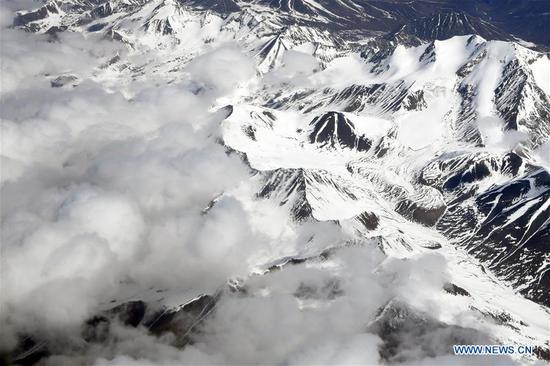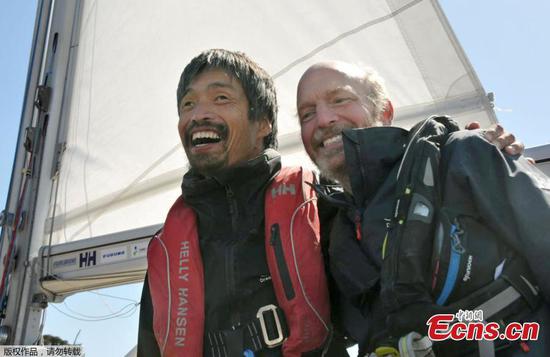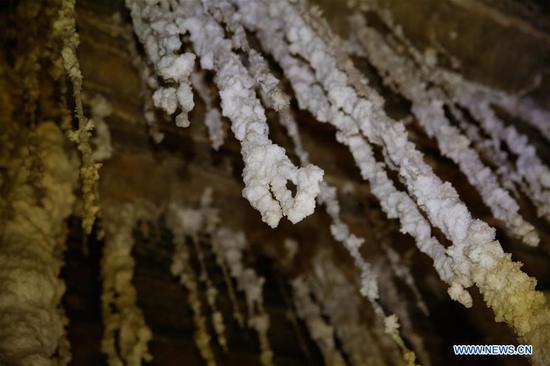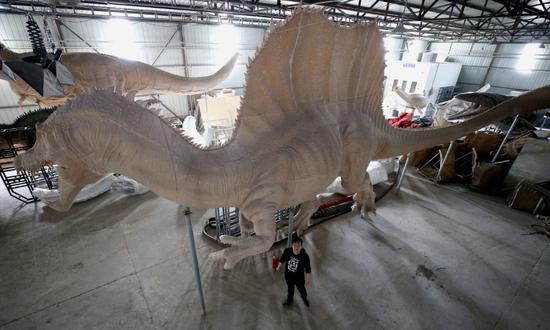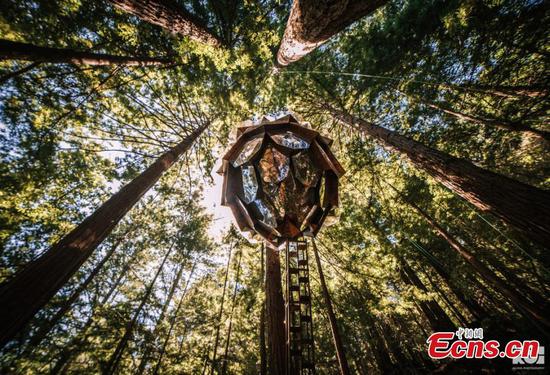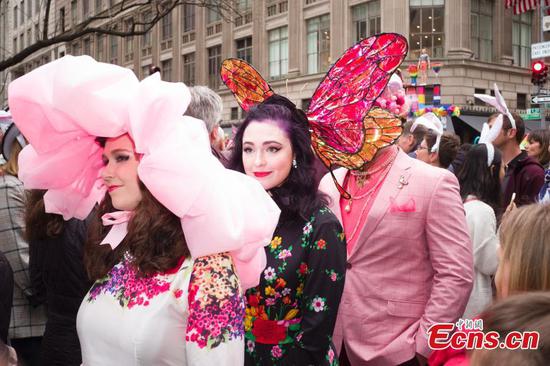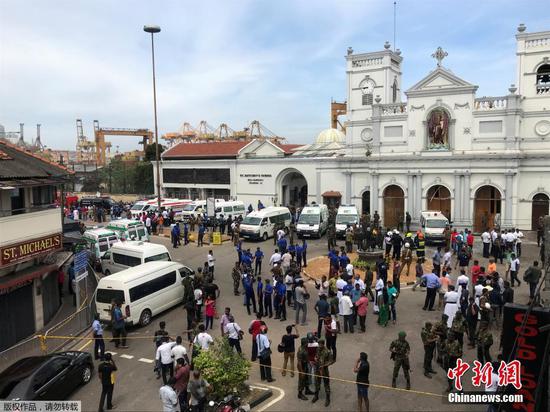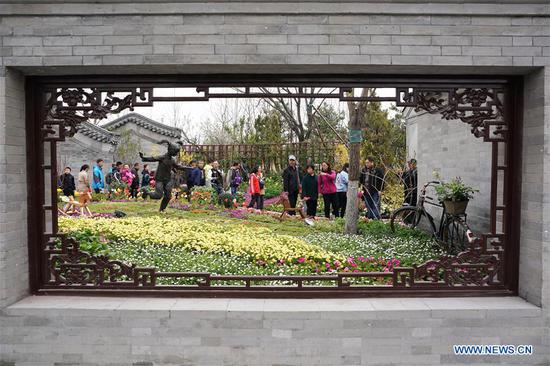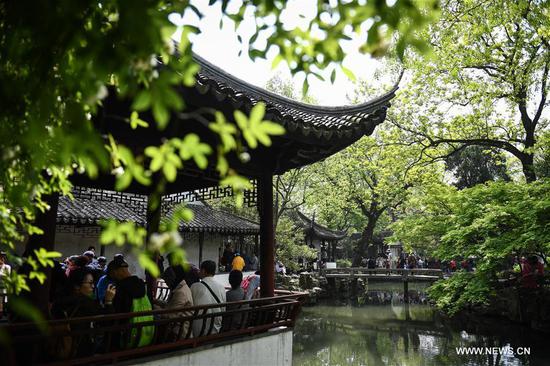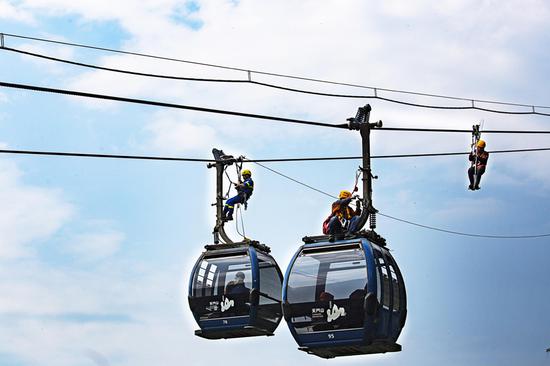Chinese-American scientific community unfairly targeted as spies: UCA
A U.S.-based Chinese advocacy organization urged the U.S. government to guard academic freedom and scientific exchanges after some Chinese scientists in the U.S. allegedly received unfair treatment because of the deterioration in bilateral ties.
Many Chinese-American scientists in the U.S. said they have been treated unfairly because of their heritage as more and more such scientists are being questioned, investigated, suspended or even prosecuted by the U.S. government in recent years, United Chinese Americans (UCA), a federation of Chinese-American organizations from all across the U.S., said in an announcement released on Sunday.
Some Chinese-American scientists, who were prosecuted under criminal charges, were later proved innocent; and some, who were already declared guilty, simply broke the law because of personal conduct, not because of espionage actions that threatened national security, said the UCA.
Currently, some scientists have been forced to change their research direction, applications for projects or academic planning. Some were even forced to reduce or terminate their reciprocal scientific exchanges with China, according to the UCA.
The UCA pointed out that the U.S. is undergoing fierce competition from many countries, especially from China, in recent years. However, this should not hinder normal academic exchanges between the two countries.
Chinese-American scientist Chen Xiafen sued the U.S. government for malicious prosecution and false arrest in January, after the U.S. government labeled her a spy in 2014. After the U.S. government's accusation, she faced $1 million in fines and 25 years in prison, until prosecutors dropped the charges a week before the trial without any explanation or apology.
Besides the Chinese scientists in the U.S., visiting Chinese scholars and even some students who are studying or are going to study in the U.S. are questioned for "carrying out work that is not suitable for students," said the UCA.
Moreover, many U.S. scientists who have a relationship with China have also been targeted by the U.S. government, Liu Weidong, a research fellow at the Chinese Academy of Social Sciences' Institute of American Studies, told the Global Times on Tuesday.
A Chinese student surnamed Zhang, who is pursuing a PhD in robotics at a U.S. university, claimed one of his friends who worked for a U.S. automated driving company with an H1B visa was checked for two months during last year's Christmasholidays before he was able to return to work. It usually takes one month.
Charlie Woo, public policy engagement committee chair of the Committee of 100 (C100), a non-partisan leadership organization of prominent Chinese-Americans, told the Global Times on April 9 that Chinese-Americans are often labeled as spies, which has a negative impact on their daily lives, and makes people feel anxious.
Woo said that the feeling applied to the Chinese community as a whole, rather than to specific cases.
"China-U.S. exchanges in some fields, including science, academia and technology will be reduced further, if the U.S. government continues to publicly push an anti-China atmosphere," Liu said.









